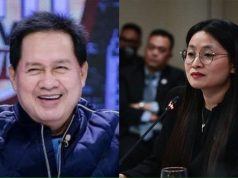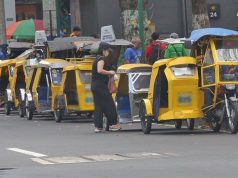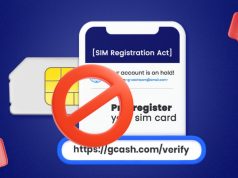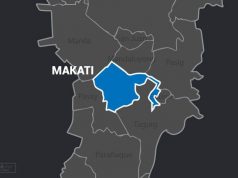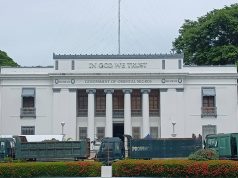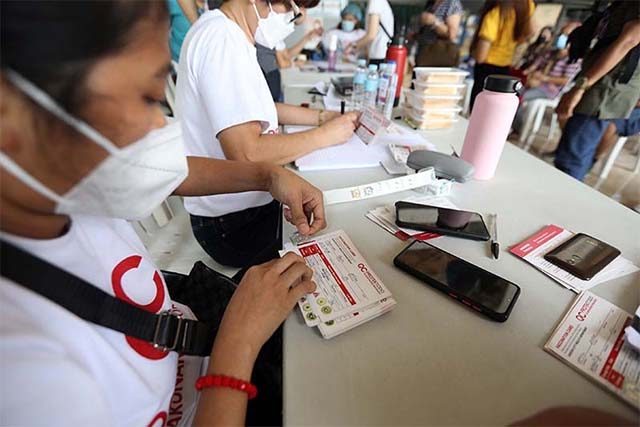
Requiring vaccination IDs would only promote discrimination against unvaccinated individuals, rather than encourage them to receive COVID-19 shots.
Some social media users expressed these views following the Department of Interior and Local Government‘s earlier suggestion of a COVID-19 vaccination ID policy.
In a briefing last September 22, DILG Undersecretary Martin Diño proposed that the COVID-19 vaccination card issued by local government units should be worn like IDs.
Diño made the proposal as he presented his own vaccination card with a lanyard and an ID case.
“Dapat ngayon ire-request ko sa Inter-Agency Task Force para maiutos sa lahat ng mga barangay na ito na sana ang maging sakripisyo ng bawat Pilipinong nabakunahan. Kung ikaw ay bakunado na, paglabas mo ng bahay isuot mo na iyong vaccination card,” he said.
Diño cited going inside restaurants as an example of how vaccination IDs could be useful.
“Tinatanong nila bakunado na ba? Papaano mo malalaman na bakunado kung hindi nakasabit ang vaccination card at paglabas mo ng bahay hindi ka na maabala ng pulis, ng barangay, na tatanungin ka. Nasaan ang vaccination card mo? Kung antimanong isasabit mo na sa iyong dibdib, di ba,” he added.
This approach will help in the implementation of Alert Level 4 guidelines Metro Manila is currently placed under, the DILG official said.
The region is also the pilot area for the national government’s new Alert Level System approach.
“At iyon na nga, ako siguro ang magiging pakiusap ko na dapat ‘pag lumabas ka ng bahay mo, mayroon ka nang tinatawag na – ito ‘yung full vaccination card. Tapos kung halimbawang first dose, mayroon ka na ring ID,” he said.
Under Alert Level 4, individuals who are partially inoculated or had not yet received their COVID-19 shots are not allowed to enter some establishments outdoors.
This quarantine status will last until September 30.
A form of indirect discrimination?
Some social media users expressed worry that wearing vaccination IDs will only spur indirect discrimination against those unvaccinated Filipinos.
They pointed out that others might not be vaccinated yet due to the lack of supply.
“You all speak like you have enough supply of vaccines, just think first of a solution to get enough supply of vaccines before thinking of such rules or regulations,” one Facebook user said.
“It’s also unfair for those waiting to get vaccinated, it’s not their fault if vaccines are insufficient,” another online user said.
Some users also raised privacy concerns given that some vaccination cards have personal information displayed on them.
“I refuse to unnecessarily display personal information everywhere I go. What does this DILG exec propose to do with those who go out without displaying it?” a Facebook user commented.
Other users, meanwhile, speculated that this proposed policy might turn out to be a business opportunity.
“Uy may supplier ng overpriced lanyard,” one user said.
“Hahaha so pagkakakitaan naman ngayon e lanyards?” another user wrote.
Diño also previously favored the idea of local government units placing markers on houses of COVID-19 residents.
This also sparked concerns on discrimination and violation of infected patient’s privacy.
READ: Safety concerns aired amid confusion over alert level system, granular lockdown scheme
Similar to vaccine passports
Similar to a vaccination card, a vaccine passport is an item or a document that shows a person’s COVID-19 vaccination status for entry.
Some countries like the United States, and member-states of the European Union and the United Kingdom have already adopted vaccine passports in their public policies.
However, there were human rights concerns about these entry passes.
In an article by the Boston University, an assistant professor of health law named Michael Ulrich cited prejudice to those who do not have access to COVID-19 vaccines as the downside of vaccine passports.
“There are plenty of people in plenty of areas that want the vaccine that are having a hard time getting it. Are they going to be shut out of these places? [They’re] more likely to be low-income, lack transportation, and more likely to be racial and ethnic minorities,” Ulrich was quoted as saying.
He further argued that vaccine passports also don’t tell your health reasons why you cannot be inoculated.
“Every person who doesn’t want to get one could say, ‘I have a medical issue or religious objection.’ Then the question is, are these passports going to have you prove that?” Ulrich said.




